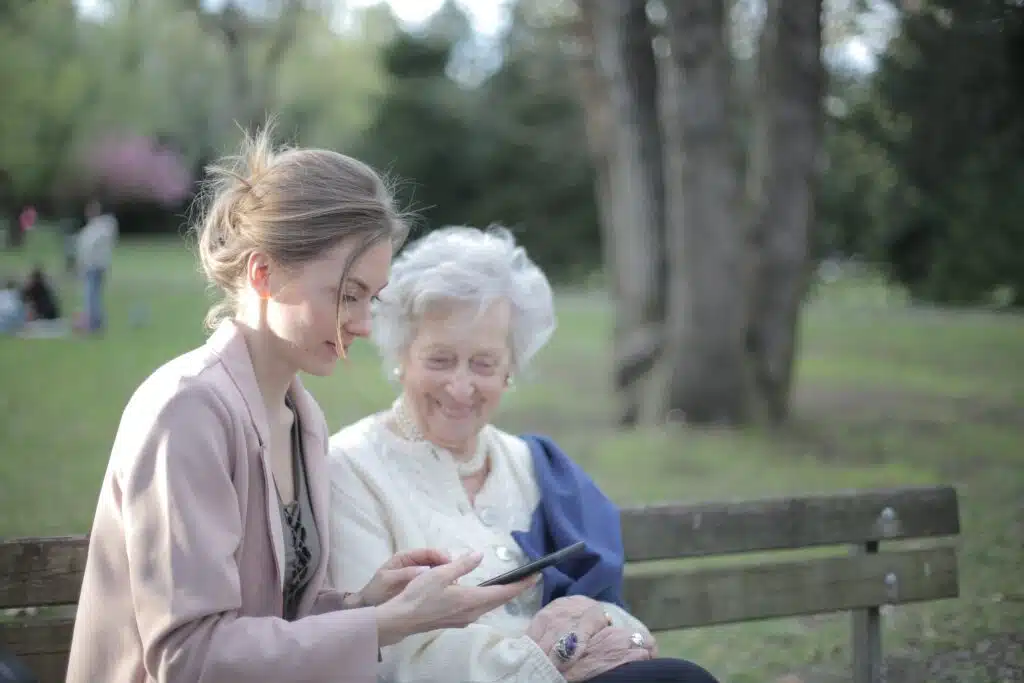The Rights of family members of EU citizens when a relationship ends
The post-Brexit EU Settlement Scheme for EU citizens includes people who previously had the right to live in the UK because they had a close family relationship with an EU citizen but have now lost that relationship. This might have happened because the family member has died, left the UK, or the relationship has broken down. This is called the ‘retained rights of residence’.
For example, you might be in the UK as the non-EU partner of an EU citizen, but your relationship breaks down, and you end up divorcing. You may have retained rights to stay in the UK.
Different rules apply depending on whether the EU citizen has died, left the UK, or the relationship has broken down.
Who has retained rights?
Retained rights can be claimed by partners, children, parents and grandparents. You must have lived in the UK with your family member before they died, left the UK, or the relationship broke down. You may have ‘retained the right of residence if:
- Your eligible family member died
- You’re their child, they died or left the UK, and you are in education in the UK
- You’ve had a child with them, they died or left the UK, and the child is in education in the UK
- They divorced you or a member of your family
- The relationship has broken down permanently because of domestic violence or abuse
Who are eligible family members?
To give you the right to live in the UK, your family member needed to have been one of the following:
- A citizen of an EU country, Switzerland, Norway, Iceland or Liechtenstein, who was living in the UK by 31 December 2020
- A British citizen who was living with you in the EU, Switzerland, Norway, Iceland or Liechtenstein by 31 December 2020
If your family member has died
- You can apply if you lived continuously in the UK as a family member for at least one year immediately before their death.
Or
- You lived in the UK as their family member immediately before their death
- They were living in the UK as a worker or self-employed person at the time of their death
- They had been living in the UK for at least two years immediately before their death
- If they died due to an accident at work or occupational disease, they do not have to have been living in the UK for at least two years immediately before their death.
If you’re in education in the UK
You can apply if you’re in education in the UK and your eligible family member is your:
- A parent who has left the UK or died
- Parent’s spouse or civil partner who has left the UK or died
- You must also show that you were in education in the UK immediately before your eligible family member died or left the UK. You must still be in education in the UK.
If you qualify through these circumstances, your parent may also be eligible if you live with them.
If you or a member of your family was previously married or in a civil partnership
You can apply if you no longer have an eligible family member after the marriage or civil partnership ended with a divorce, annulment or dissolution.
- You must have lived in the UK when the marriage or civil partnership ended.
One of the following must also apply:
- The marriage or civil partnership lasted for at least three years, and the couple had both been living in the UK for at least one year during that time
- You have custody of your previous family member’s child
- You have been given right of access in the UK to your previous family member’s child, and the child is under 18
- You or another family member have experienced challenging circumstances - for example, as the victim of domestic violence or abuse in the marriage or civil partnership
You can also apply if a family member had an eligible marriage or civil partnership and you lived in the UK when it ended. You must be their:
- Child or grandchild under 21
- Dependent child or grandchild over 21
- Dependent parent or grandparent
If you are a victim of domestic violence or abuse
You can apply if your relationship with an eligible family member has broken down permanently because of domestic violence or abuse while you were in the UK.
If you think you might have retained rights of residence
The law is complex, but if you find yourself in one of the situations above, it is worth taking advice to see if you can stay in the UK after your circumstances change.
Please contact a member of our team today if you would like to discuss this or any other immigration concerns.
